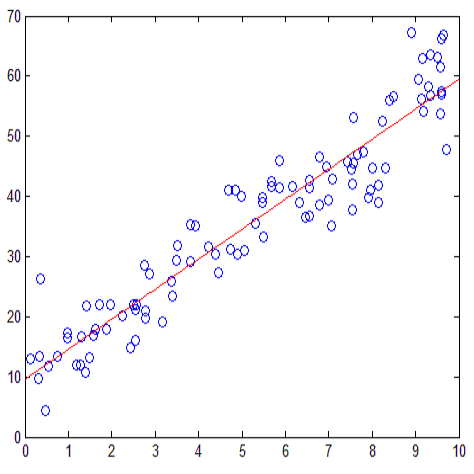The college admission problem plays a fundamental role in several real-world allocation mechanisms such as school choice and supply chain stability. The classical framework assumes that the capacity of each college is known and fixed in advance. However, increasing the quota of even a single college would improve the overall cost of the students. In this work, we study the problem of finding the college capacity expansion that achieves the best cost of the students, subject to a cardinality constraint. First, we show that this problem is NP-hard to solve, even under complete and strict preference lists. We provide an integer quadratically constrained programming formulation and study its linear reformulation. We also propose two natural heuristics: A greedy algorithm and an LP-based method. We empirically evaluate the performance of our approaches in a detailed computational study. We observe the practical superiority of the linearized model in comparison with its quadratic counterpart and we outline their computational limits. In terms of solution quality, we note that the allocation of a few extra spots can significantly impact the overall student satisfaction.
翻译:大学招生问题在一些现实世界的分配机制(如学校选择和供应链稳定)中起着根本作用,如学校选择和供应链稳定。古典框架假定每个大学的能力是已知的,并事先固定。不过,增加即使是一所大学的配额也会提高学生的总费用。在这项工作中,我们研究如何找到学院招生能力扩大的问题,在受基本限制的情况下,使学生获得最佳费用。首先,我们表明,这个问题很难解决,即使在完整和严格的优惠名单下也是如此。我们提供了一个全方位的受限制的四边形编程配方,并研究其线性重订。我们还提出了两种自然超常法:贪婪算法和基于LP的方法。我们在一项详细的计算研究中从经验上评估了我们的方法的绩效。我们观察了线性模型与其四边形对应方相比的实际优势,我们概述了它们的计算限制。在解决质量方面,我们注意到,一些额外点的分配可以极大地影响学生的总体满意度。



